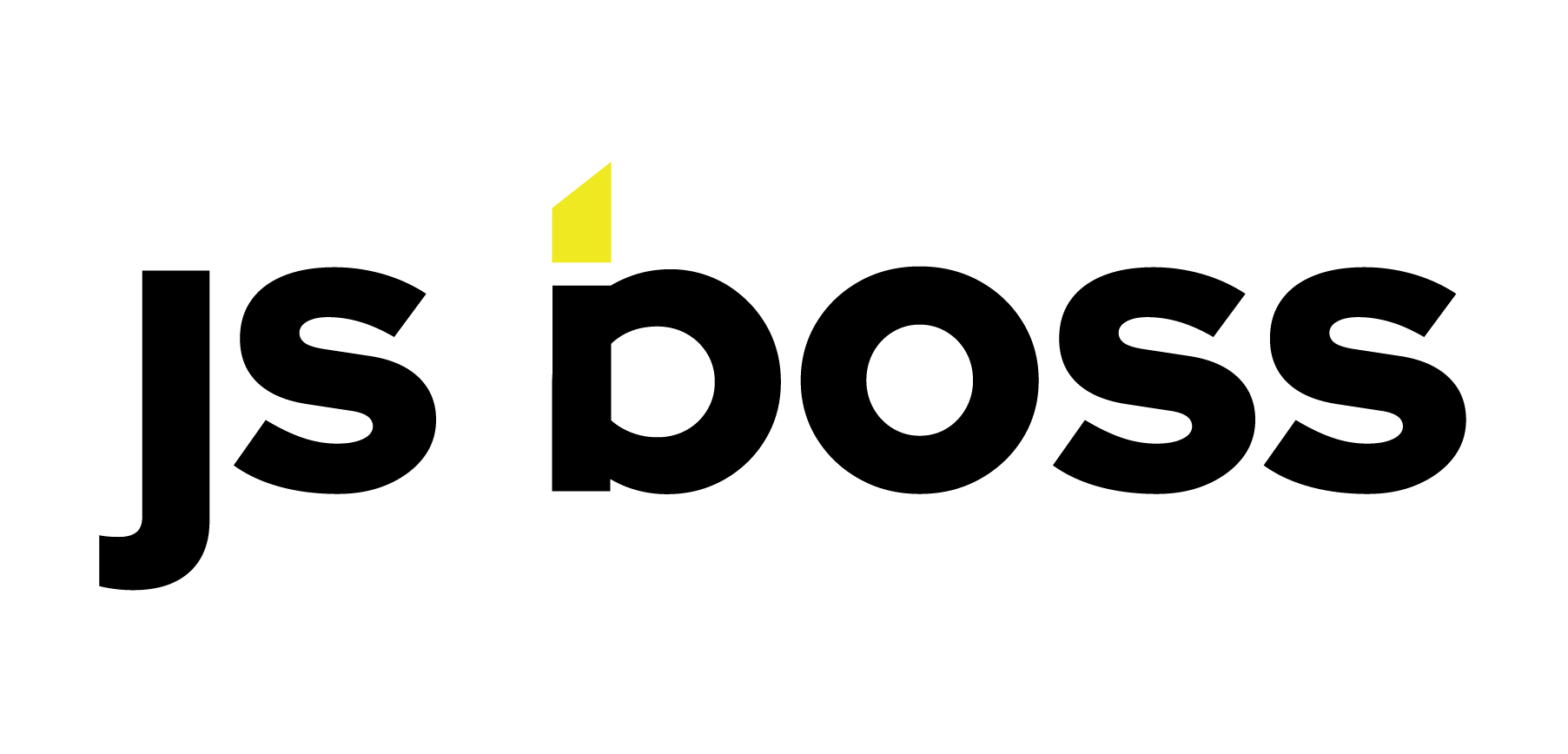Supply chain traceability is the practice of tracking products from their raw material origins to their final destination in customers’ hands. This involves documenting and often disclosing detailed information about the steps along a product’s journey.
Supply chain traceability works closely with supply chain visibility, offering a comprehensive approach to operational efficiency and customer transparency.
Here’s how they align:
-
Visibility at the Operational Level: Companies leverage cloud-based applications and IoT devices to monitor and optimize supply chain operations, addressing bottlenecks and ensuring seamless workflows.
-
Traceability at the Product Level: Businesses track product-specific details, addressing rising customer and regulatory demands for transparency, sustainability, and accountability.
Key Takeaways:
-
Supply chain traceability is essential for ensuring sustainability, quality control, and regulatory compliance.
-
It utilizes advanced technologies such as RFID tags, blockchain, and ERP systems to track product journeys with precision.
-
Traceability improves risk management, inventory planning, and customer trust by documenting and verifying every step in the supply chain.
Supply Chain Traceability Explained
The process of supply chain traceability involves capturing data throughout a product’s lifecycle. For example, a T-shirt’s journey might include farming cotton, cleaning, spinning, dyeing, weaving, sewing, and shipping. Each step is tracked using unique identifiers like barcodes, QR codes, or RFID tags, often integrated with wireless communication and GPS technologies.
However, the complexity of modern supply chains can present challenges. For instance, a product might pass through multiple companies across different countries, as noted by the World Economic Forum. Transformations at each stage make tracking intricate, requiring sophisticated systems to document and verify every transaction.
Technologies Driving Traceability:
-
Barcodes and QR Codes: Provide simple and cost-effective ways to identify and track items.
-
RFID Tags and IoT Devices: Offer real-time data on inventory location and condition.
-
Blockchain: Creates immutable audit trails, enhancing transparency and authenticity.
-
ERP Systems: Integrate with inventory and traceability software for comprehensive oversight.
Why Is Supply Chain Traceability Important?
Supply chain traceability goes beyond tracking—it’s about fostering trust, ensuring compliance, and driving efficiency. Here’s a deeper dive into its key benefits:
1. Sustainability
Consumers increasingly prioritize sustainability. According to a survey by Visa, over two-thirds of shoppers consider sustainability when choosing merchants. However, skepticism remains regarding companies’ claims.
Traceability enables businesses to back up sustainability promises with data, building trust and loyalty. For instance, a clothing brand might use traceability to verify organic material sourcing and ethical labor practices.
2. Quality Control
Traceability tools quickly identify issues in the supply chain, such as a supplier’s deviation from quality standards. This allows businesses to address problems promptly, protecting product integrity and customer satisfaction.
3. Recalls
In industries like food and pharmaceuticals, traceability enables targeted recalls. Instead of throwing away whole batches of products, companies can isolate the affected items. This reduces waste and helps protect their reputation. They can achieve this through clear supply chain tracking and supply chain transparency.
4. Anti-Counterfeiting
Counterfeit goods are a global issue, affecting industries like fashion and automotive. Traceability in supply chains, such as chemical tracers in fabrics or RFID tags, help verify product authenticity. For example, a luxury watch manufacturer might use unique serial numbers and blockchain technology to prevent counterfeiting.
5. Regulatory Compliance
Regulations demand robust traceability in sectors like food, pharmaceuticals, and electronics. Companies can use traceability systems to demonstrate supply chain compliance with safety and environmental standards. For instance, food producers must track and report safety measures to comply with the FDA’s Food Safety Modernization Act.
6. Supply Chain Management
Traceability benefits inventory planning by providing insights such as expiration dates and stock levels. A retailer can use traceability data to restock perishable goods on time. This helps reduce spoilage and increase sales.

Benefits of Supply Chain Traceability
-
Enhanced Customer Trust: Sharing verified product information fosters transparency and builds loyalty.
-
Reduced Waste: Targeted recalls and better inventory management help minimize waste.
-
Increased Efficiency: Automated tracking reduces manual errors and improves operational planning.
-
Competitive Advantage: Businesses with transparent supply chains stand out in a crowded market.
-
Risk Mitigation: Proactively addressing quality and compliance issues lowers operational risks.
Use Cases for Supply Chain Traceability
-
Fashion Industry: A sustainable clothing brand uses traceability to verify ethical sourcing and production, providing customers with QR codes to view each garment’s journey.
-
Pharmaceuticals: Drug manufacturers track ingredients and batch numbers to ensure compliance with safety standards and simplify recalls if needed.
-
Food and Beverage: A dairy company monitors the entire lifecycle of milk products, from farm to shelf, ensuring quality and freshness while meeting regulatory requirements.
-
Electronics: A smartphone manufacturer uses blockchain to trace rare earth minerals, ensuring ethical sourcing and compliance with international trade regulations.

How NetSuite Supports Supply Chain Traceability
NetSuite integrates traceability tools within its ERP system, providing real-time dashboards and comprehensive tracking capabilities.
For example, businesses can use NetSuite to:
-
Monitor product quality throughout the supply chain.
-
Ensure compliance with regulatory standards.
-
Optimize inventory and operational planning with real-time data insights.
With features like blockchain integration and RFID tracking, NetSuite empowers companies to stay ahead in an increasingly transparent and competitive market.
Reach out to our team to learn more about a demo and pricing.


